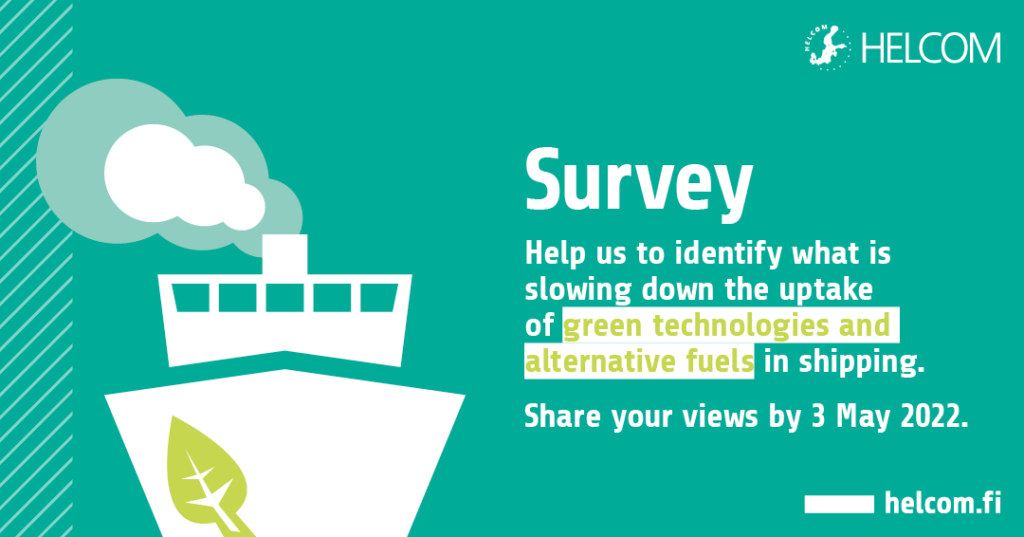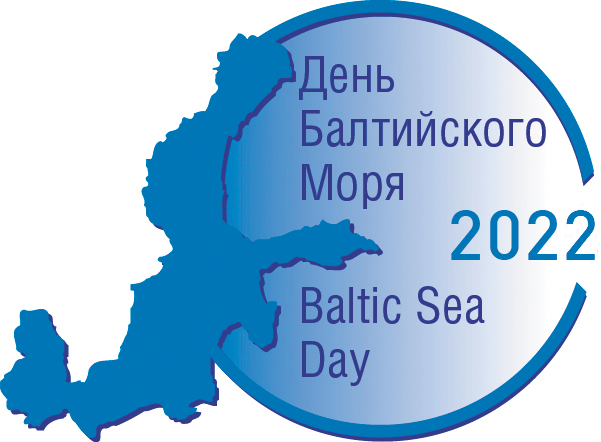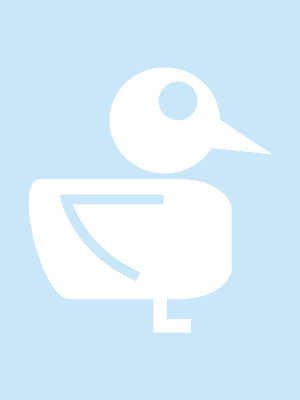To investigate the potential of protective measures in the Baltic Sea beside marine protected areas (MPAs), HELCOM, in cooperation with the FAO and IUCN WCPA, held a workshop on other effective area-based conservation measures, or OECMs, on 1-3 February 2022.
“OECMs, a relatively novel conservation approach, are an important part of the HELCOM agenda as well, as reflected by the 2021 Baltic Sea Action Plan, which contains no fewer than seven actions related to spatial conservation measures, and which explicitly refers to OECMs in several places,” said Rüdiger Strempel, the Executive Secretary of HELCOM, adding that OECMs could, among other things, contribute to strengthening the overall coherence of the HELCOM MPA network.
The workshop contributed to developing a common understanding of the applicability of the OECM criteria to the specific situation in the Baltic Sea, as well as a better comprehension of the potential of OECMs for supporting the attainment of the HELCOM objectives on marine conservation, including their interplay with existing MPAs.
“OECMs should have a spatial component, bring clear biodiversity benefits that are long lasting, and should not cause any significant harm to other biodiversity attributes as a consequence of their implementation,” explained Jannica Haldin, the Deputy Executive Secretary of HELCOM.
According to the International Union for Conservation of Nature (IUCN), the distinguishing criterion between MPAs and OECMs is that the former have a primary conservation objective, whereas OECMs deliver effective in-situ conservation of biodiversity regardless of their primary objectives.
“From the perspective of biodiversity in the sea, labels do not matter – what matters is the effect a measure has on the environment,” said Haldin. “The main principle of OECMs is that they must provide a positive outcome for biodiversity.”
“Using a measure as a starting point is what differentiates the OECM process from traditional conservation approaches, and enables us to consider the effect of measures that weren’t initially put in place for conservation purposes,” added Haldin.
The Convention on Biological Diversity (CBD) defines other effective area-based conservation measures as areas other than protected areas including MPAs that “achieve positive and sustained long-term outcomes for the in-situ conservation of biodiversity”, which in turn contributes to preserving “ecosystem functions and services” and in some cases “cultural, spiritual, socio–economic, and other locally relevant values”.
The workshop was attended by a broad range of stakeholders dealing with issues related to the marine environment, bringing together representatives of government agencies, non-governmental organization and academia.





